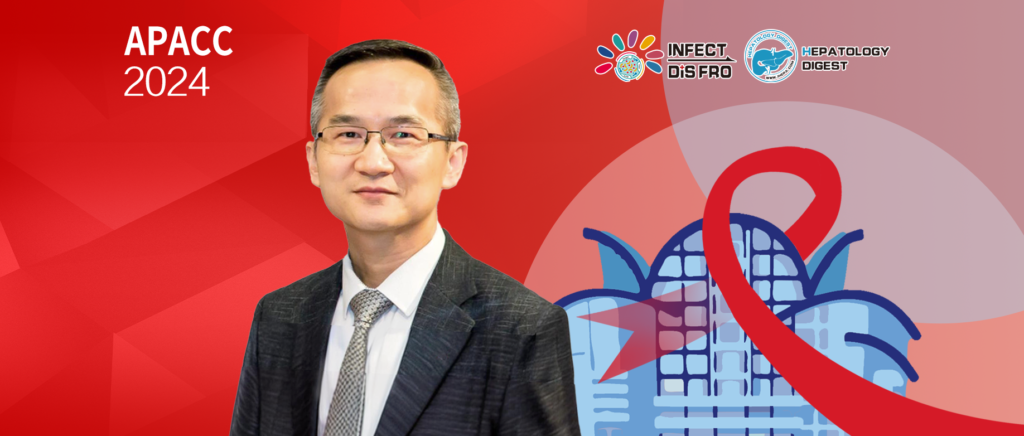
The Asia-Pacific AIDS & Co-Infections Conference (APACC) 2024 will be held in Hong Kong as a hybrid conference on 27-29 June 2024. During Parallel Session 9: Long-acting ARV, Dr. Owen Tsang from Princess Margaret Hospital will deliver a presentation titled "Real-World Experience - Hong Kong". In this e-mail interview with "Infectious Disease Frontier" on the eve of the conference, Dr. Owen Tsang shared the progress of the long-acting ARV treatment for HIV/AIDS and his real-world experienceInfectious Disease Frontier: What significant progress has been made in HIV long-acting antiretroviral (ARV) drugs in recent years? What challenges remain in its application and promotion?
Dr. Owen Tsang: Significant progress has been made in HIV long-acting antiretroviral therapies (ARTs), including injectables and implantables. Injectable ARVs like cabotegravir and rilpivirine have proven effective in maintaining viral suppression and preventing HIV transmission. This combination has been registered for use in virologically suppressed patients without genotypic resistance and chronic hepatitis B. Implantable devices, such as the tenofovir alafenamide (TAF) implant, preliminary data suggest that it can offer long-lasting protection against HIV for several months or even a year. However, challenges remain in the application and promotion of long-acting ARV treatments. Implementing these treatments in real-world settings requires addressing healthcare infrastructure, training healthcare providers, and integrating them into existing systems. Accessibility and affordability are concerns, as long-acting ARVs are currently more expensive than oral therapies, hindering access for individuals in resource-limited settings. Acceptance and adherence to these treatments vary among individuals, necessitating education and support to address concerns about injections, implants, and clinic visits. Ensuring safety and monitoring potential long-term side effects is crucial. Drug resistance and viral rebound must be monitored, as they can impact treatment effectiveness.
Infectious Disease Frontier: Could you share Hong Kong’s real-world experience in the use and promotion of long-acting ARVs?
Dr. Owen Tsang: Preliminary data suggested that the injectable ARVs cabotegravir and rilpivirine are well accepted and tolerated by most of our patients. However, attention should be taken with patients who are seronegative for hepatitis B viral infection, especially for those who have had no immunologic response to a full course of hepatitis B vaccination.
Infectious Disease Frontier: What important research and development directions do you think future long-acting ARVs will have?
Dr. Owen Tsang: Firstly, the pursuit of novel drug delivery systems, such as subcutaneous or intramuscular injectables, implants, or patches, will aim to improve convenience and adherence. Secondly, efforts will be made to enhance drug potency and reduce toxicity, allowing for lower dosing and minimizing side effects. Additionally, there will be a push to develop multi-drug combinations with longer half-lives, reducing the need for multiple medications. Furthermore, the exploration of new drug targets and mechanisms of action will expand therapeutic options.
For more exciting content, please stay tuned to the APACC conference and Infectious Diseases Frontier’s coverage.


